Dunzo’s Potential Financial Challenges 2023
Dunzo, the popular Indian hyperlocal delivery startup, has been making waves in the e-commerce and logistics industry for several years.
Founded in 2015, the company has carved out a niche for itself by offering a wide range of services, from food and grocery deliveries to medicine and pet supplies, all through a single app.
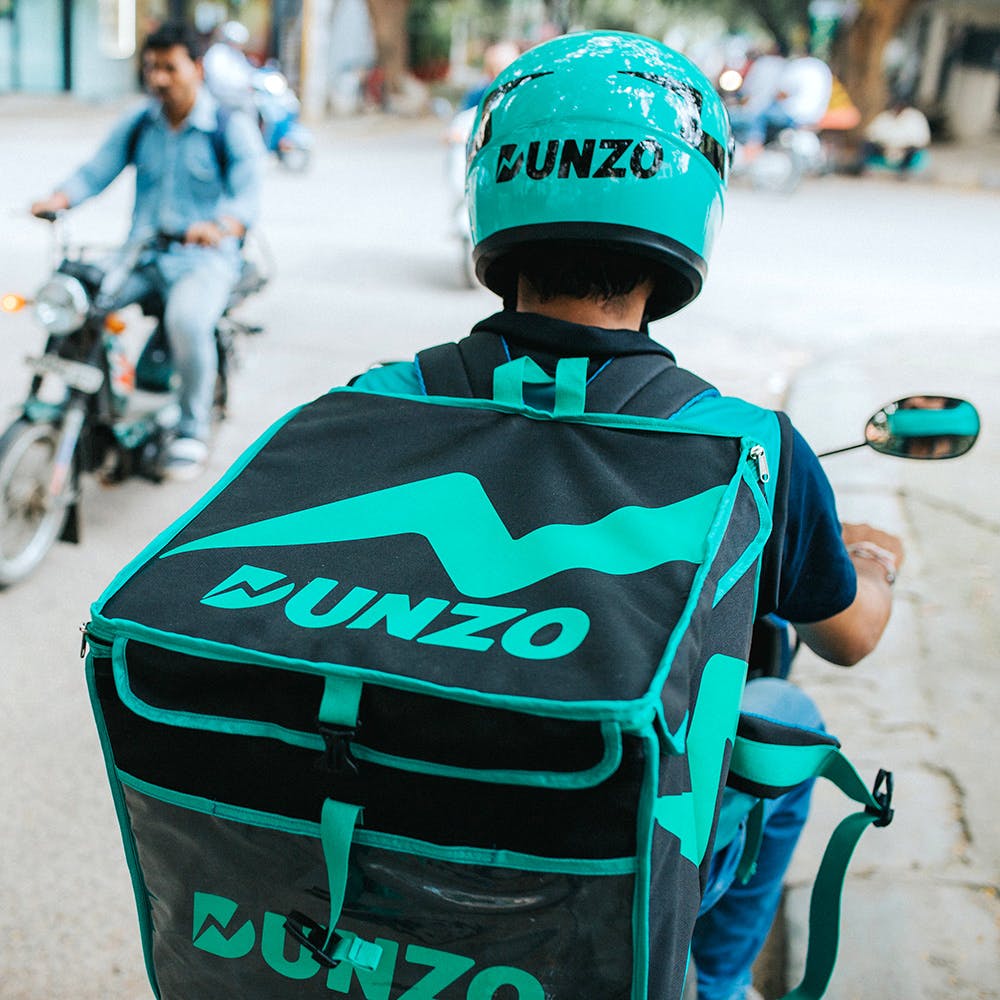
However, recent reports suggest that Dunzo’s financial health is facing significant challenges, raising concerns about its ability to continue operating as a going concern.
Deloitte, one of the world’s largest accounting firms, has recently issued a warning regarding Dunzo’s financial situation.
Dunzo’s journey from a small startup to a well-known brand in India’s bustling e-commerce landscape has been nothing short of impressive.
Due to the platform’s turbulent rapid commerce, Deloitte, Dunzo’s auditor, has highlighted concerns about the company’s viability as a continuing concern. The regulatory filings for FY23, which were appended with Deloitte’s remarks, revealed that Dunzo’s losses had increased by 288% to Rs 1,802 crore.
According to Deloitte, Dunzo’s very high operating expenses for expanding its clientele are the main reason why its current liabilities are Rs 325.8 crore more than its current assets.The management expects the group to continue as a going concern, according to Deloitte, even though it stated that a major uncertainty may seriously impair the group’s capacity to do so.
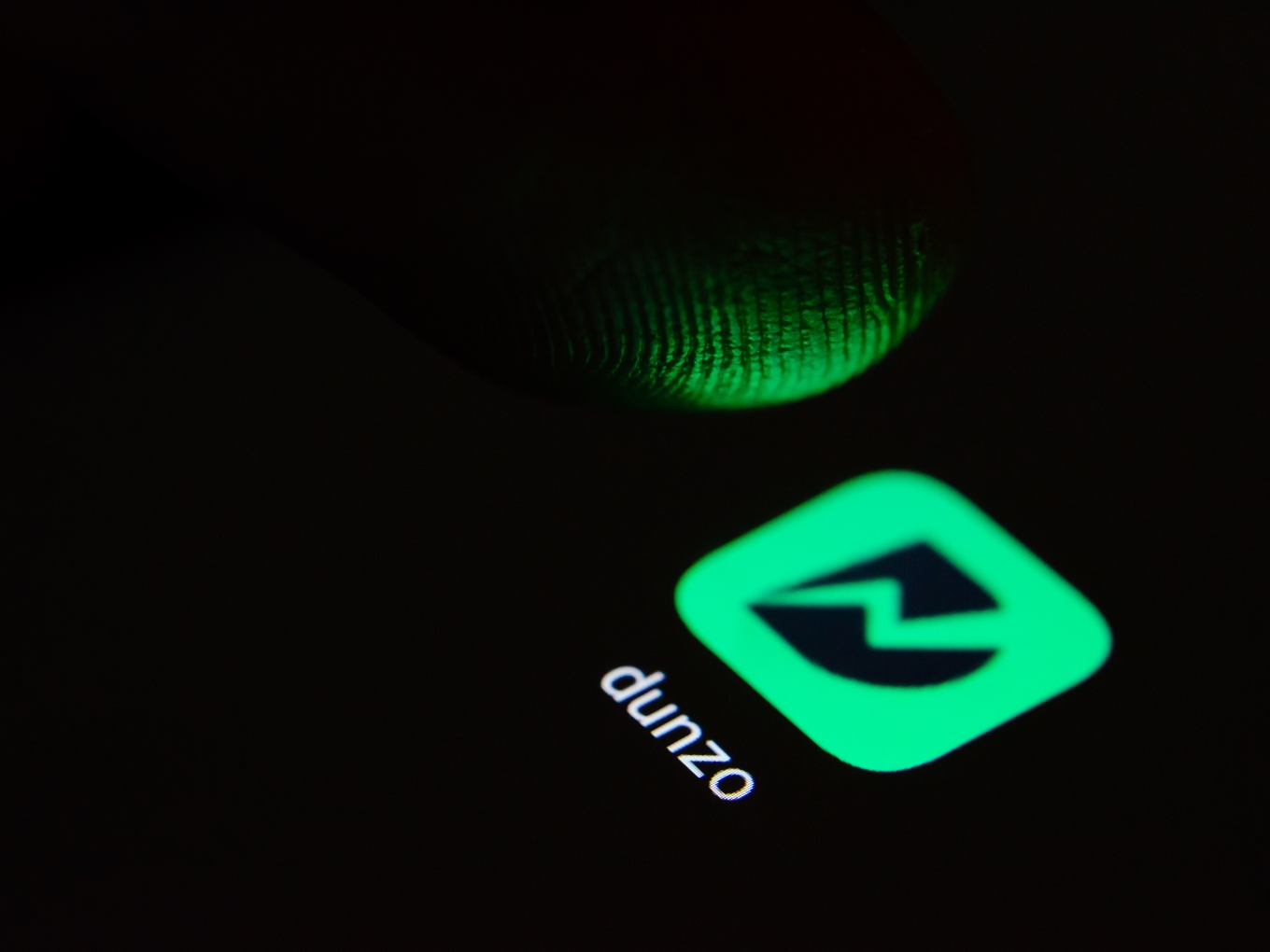
Similar concerns about Dunzo’s ability to continue as a going concern had been raised by auditors as early as FY22, but since then, the firm has had many setbacks that have made the situation much worse.
Dunzo’s costs increased fourfold to Rs 2,054 crore in FY23. Revenues for the year rose to Rs 226 crore from Rs 54 crore in FY22, per the company’s filings with the ministry of corporate affairs’ registrar of companies (RoC). The income rise was 320%, although it came from a small starting point.
The company’s advertising expenditure in FY23 was Rs 310 crore, a significant increase from Rs 64 crore in FY22. It advertised its services during the Indian Premier League, which increased costs but only slightly increased earnings.
Employee benefit costs increased 144% from Rs 138 crore in FY22 to Rs 338 crore during the fiscal year. Due to a serious financial crisis, Dunzo has been holding back staff compensation since July and has even given up its office space in order to control its cash flow. The firm has lost a number of senior executives, including two of its co-founders. Several of its merchants have also sent it legal letters for nonpayment.
In order to pay for operating costs, the firm is attempting to raise $25–30 million. Still, a significantly lower valuation is anticipated for the same.

Since 2015, Reliance, Google, Lightrock, Lightbox, Blume Ventures, and a number of other investors have helped Dunzo raise about $500 million. With a stake of around 19%, Google is the second-largest stakeholder behind Reliance, with a 25.8% interest.
The company gained popularity by providing convenient and efficient hyperlocal delivery services to consumers, allowing them to order anything from groceries to documents to be picked up and delivered to their doorstep.
Dunzo’s innovative approach, coupled with its robust app and strong partnerships with local businesses, contributed to its meteoric rise.
While Dunzo’s business model has been lauded for its convenience, it has also faced its fair share of challenges. The hyperlocal delivery space is highly competitive, with numerous players vying for market share.
Swiggy, Zomato, Amazon, and Flipkart, among others, have all ventured into the same territory, offering similar services.
Moreover, operating in the hyperlocal delivery sector requires substantial investment in logistics, technology, and marketing. Companies must also maintain a vast network of delivery personnel to ensure timely service.
These factors can strain a company’s financial resources, particularly if they are in an aggressive expansion phase.
Deloitte, the global auditing and consulting giant, recently raised concerns about Dunzo’s financial stability. In its audit report for the fiscal year ending March 2022, Deloitte stated that Dunzo’s current liabilities exceeded its current assets by a significant margin. This financial situation raises doubts about the company’s ability to continue as a going concern.
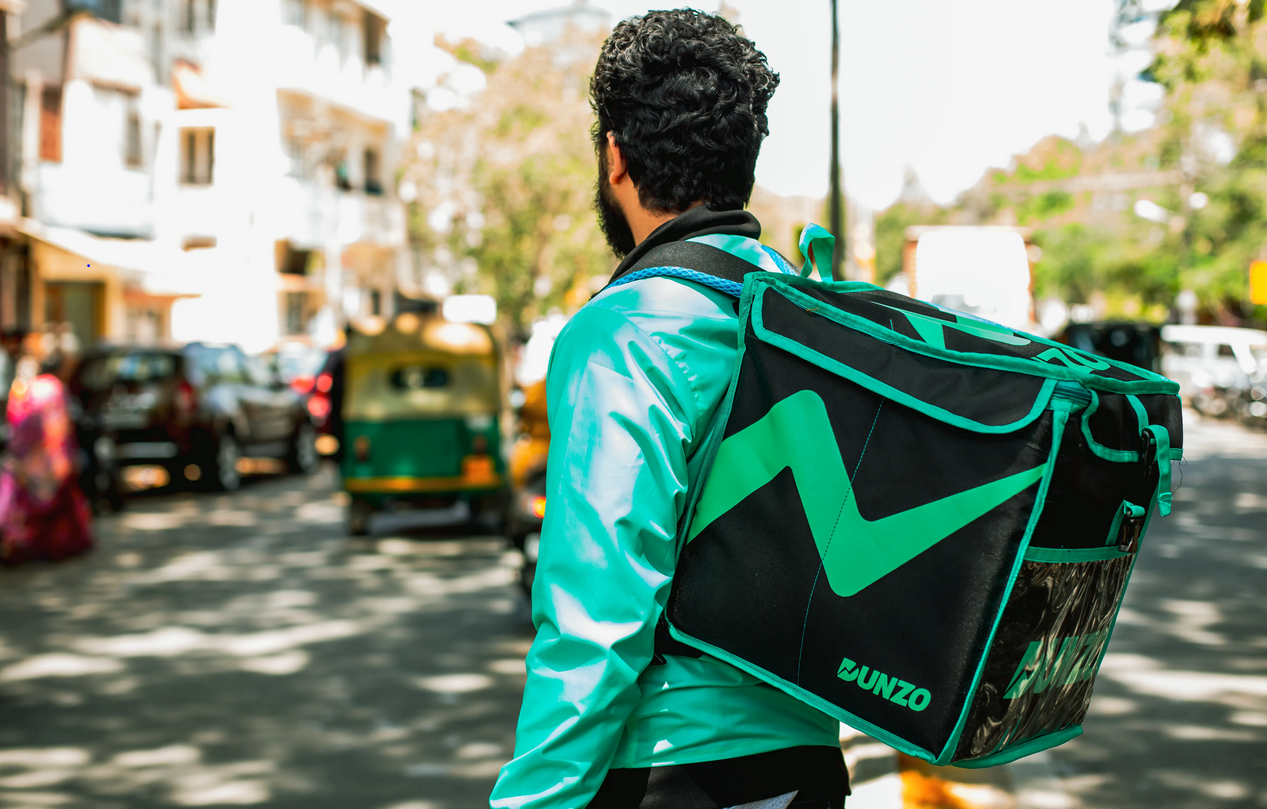
Key Findings in Deloitte’s Report:
- Negative Net Worth: Dunzo’s net worth, which is the difference between its assets and liabilities, has fallen into negative territory. This means that the company’s liabilities outweigh its assets, indicating financial distress.
- Losses Accumulating: The company has reported losses for multiple consecutive years, indicating that its operations are not generating sufficient profits to cover its expenses.
- Dependence on Equity Funding: Dunzo has relied heavily on equity funding to sustain its operations and expand its services. While this is common among startups, the continued need for external capital raises questions about the company’s financial sustainability.
- Impact of the Pandemic: Like many businesses, Dunzo was affected by the COVID-19 pandemic. Lockdowns and restrictions disrupted its operations and led to decreased demand for certain services.
- Competitive Landscape: Dunzo faces fierce competition from well-funded rivals who are also vying for market dominance in the hyperlocal delivery space. Maintaining market share requires significant investment in marketing and technology.
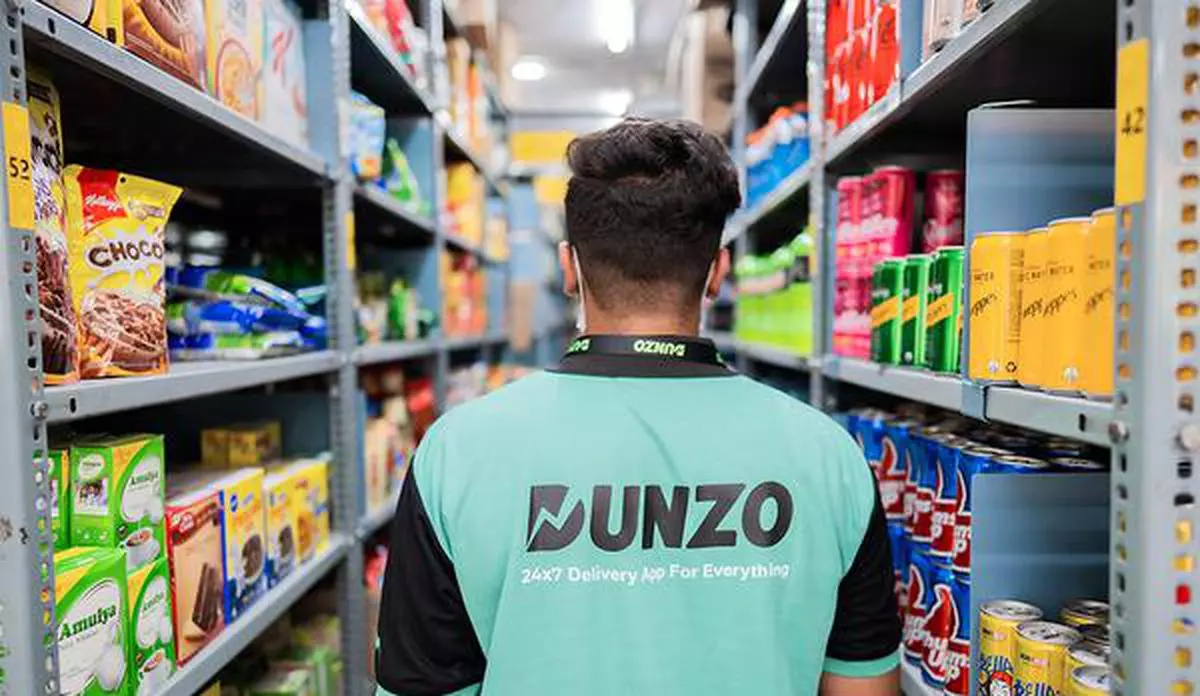
Deloitte’s warning regarding Dunzo’s financial situation has sparked concerns about the company’s future. To address these challenges, Dunzo may need to consider several strategies:
- Cost Rationalization: Dunzo may need to reassess its cost structure and find ways to reduce operational expenses. This could involve optimizing its delivery network, renegotiating contracts with suppliers, or streamlining its workforce.
- Capital Injection: The company may seek additional equity funding or explore partnerships and investments from strategic players in the industry to bolster its financial position.
- Diversification: Dunzo could explore diversifying its services further or expanding into new geographic markets to generate additional revenue streams.
- Profitability Focus: Shifting its focus towards profitability rather than just growth may be necessary. This could involve revisiting pricing strategies and improving operational efficiency.
Dunzo’s journey from a promising startup to a major player in India’s hyperlocal delivery space has been remarkable. However, the recent warning from Deloitte regarding its financial situation underscores the challenges faced by the company. While the hyperlocal delivery market holds immense potential, intense competition and the need for substantial investment pose significant hurdles.
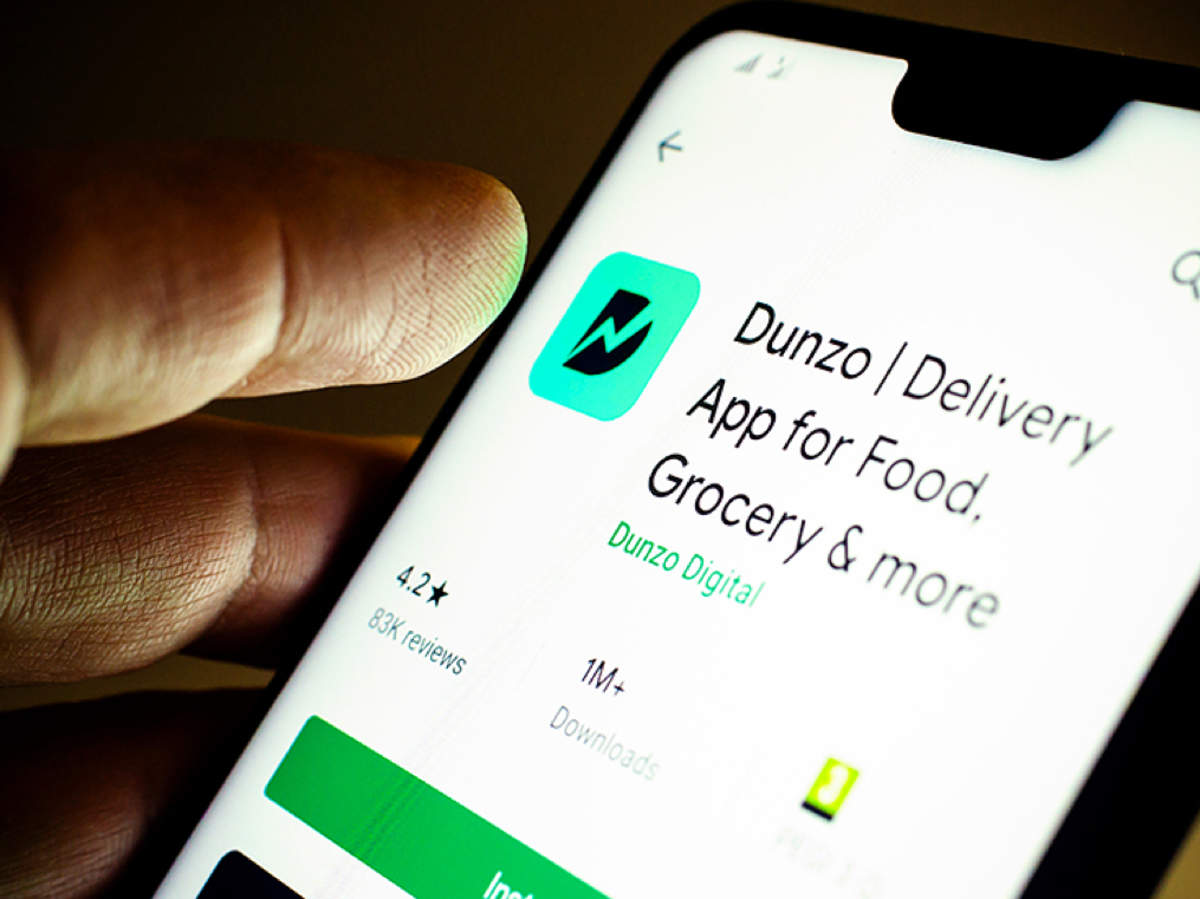
Dunzo’s management and stakeholders will need to carefully navigate these challenges, making strategic decisions to ensure the company’s sustainability. The outcome of these efforts will determine whether Dunzo can continue to operate as a going concern and maintain its position in India’s rapidly evolving e-commerce landscape.
